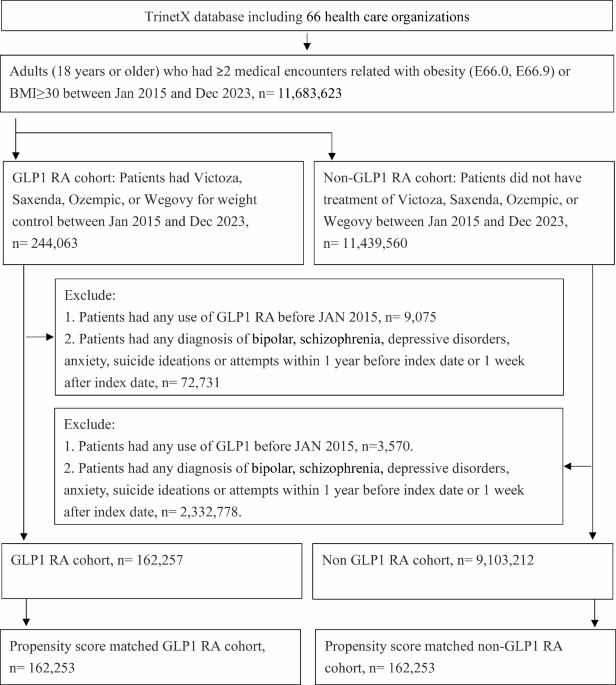
The Failure of British Federalism: Imperial and Domestic
Click here to get a print version of this essay (PDF), and remember that paid subscribers will get print editions of IQ in the mail
Britain has always struggled with the concept of federalism. This strained relationship might seem strange. Modern Britain, like the United States of America, is said to have been founded on classical-liberal principles. Federalism, with its emphasis on decentralization and voluntary cooperation, complements classical liberalism. Why, then, has federalism made little headway throughout British history?
This article argues that structural imperialism is to blame. The United Kingdom, founded in 1707, upholds the concept of absolute and indivisible parliamentary sovereignty. All power is vested in, and flows from, Parliament. Federalism risks undermining parliamentary sovereignty, and so has never gained mass support. This factor explains the failure of all attempts to transform the British Empire into a free union of peoples. It also explains the inability of the British to federate the United Kingdom, the core territory of the empire, which unites several peoples in the British Isles.
Herbert Spencer, the great British classical liberal, argued in 1884 that “The great political superstition of the past was the divine right of kings. The great political superstition of the present is the divine right of parliaments.” His analysis applies to Britain even more than to many other countries. Since the so-called Glorious Revolution of 1688–1689, the British state has revolved around the concept of the “King-in-Parliament.” The Crown and the two houses of Parliament, the Lords and the Commons, work together for the good of the realm. The relationship between the three has changed over time. Nevertheless, the King-in-Parliament as an institution has absolute legislative authority. It cannot acknowledge rival sources of authority.





















/cdn.vox-cdn.com/uploads/chorus_asset/file/23952202/HT009_facebook_0008.jpg)

